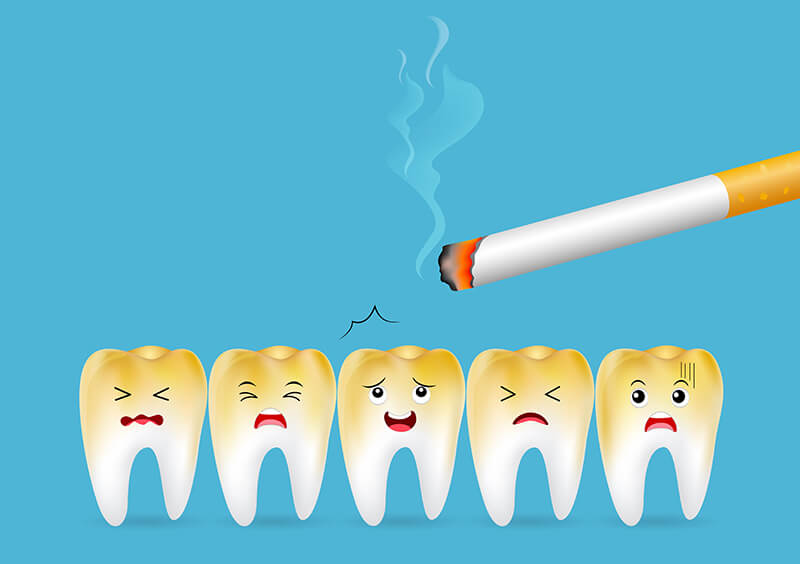Oral hygiene and dental care are often overlooked in our daily routines, with many of us not realizing the potential negative impact on our overall health. Poor oral hygiene not only leads to tooth decay and gum disease, but can also contribute to systemic health problems such as heart disease, diabetes, and respiratory infections. As a result, it is important to prioritize dental care as an essential component of our overall health and well-being.
The mouth is a gateway to the rest of the body, and neglecting oral hygiene can result in bacteria and other pathogens entering the bloodstream, leading to a variety of health problems. For example, research has found that periodontitis, a severe form of gum disease, is linked to an increased risk of heart disease and stroke. The bacteria that cause gum disease can also travel to the heart and contribute to the formation of blood clots, which can lead to heart attacks and strokes.
In addition to heart disease, poor oral health has also been linked to diabetes. People with diabetes are more susceptible to infections, and gum disease is no exception. Inflammation caused by gum disease can make it harder for people with diabetes to control their blood sugar levels. In turn, high blood sugar levels can also increase the risk of gum disease, leading to a vicious cycle.
Respiratory infections such as pneumonia have also been linked to poor oral hygiene. Bacteria in the mouth can travel to the lungs, causing infections and exacerbating existing respiratory conditions such as COPD. This is especially true for older adults, who are more susceptible to respiratory infections and may have weakened immune systems.
In addition to these systemic health problems, poor oral health can also have a negative impact on our mental health and well-being. Chronic pain and discomfort caused by tooth decay and gum disease can lead to anxiety and depression. Furthermore, poor oral health can also impact our self-esteem and confidence, leading to social isolation and a decreased quality of life.
Fortunately, there are several steps we can take to maintain good oral hygiene and prevent these negative health outcomes. One of the most important steps is regular brushing and flossing. Brushing twice a day and flossing once a day can help remove bacteria and food particles that contribute to tooth decay and gum disease. It is also important to schedule regular dental check-ups and cleanings with a dentist, who can identify and treat any oral health problems before they become more serious.
In addition to regular brushing and flossing, there are other lifestyle factors that can impact our oral health. For example, a diet high in sugar and processed foods can contribute to tooth decay and gum disease. Smoking and using other tobacco products can also have a negative impact on oral health, as well as increase the risk of systemic health problems such as heart disease and cancer.
In conclusion, oral hygiene and dental care should be a priority for our overall health and well-being. Poor oral health can contribute to systemic health problems such as heart disease, diabetes, and respiratory infections, as well as impact our mental health and well-being. Regular brushing and flossing, along with a healthy diet and lifestyle, can help prevent these negative health outcomes and ensure that our mouths are healthy and free of disease. It is important to schedule regular dental check-ups and cleanings with a dentist to identify and treat any oral health problems before they become more serious. By prioritizing our oral health, we can improve our overall health and well-being and live happier, healthier lives.











